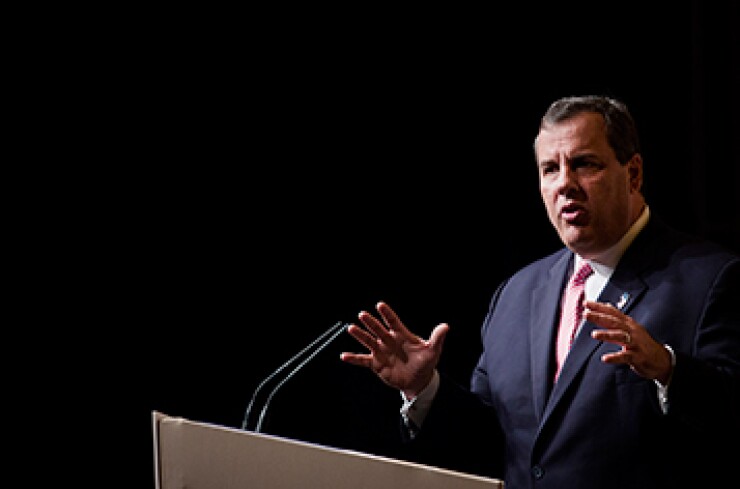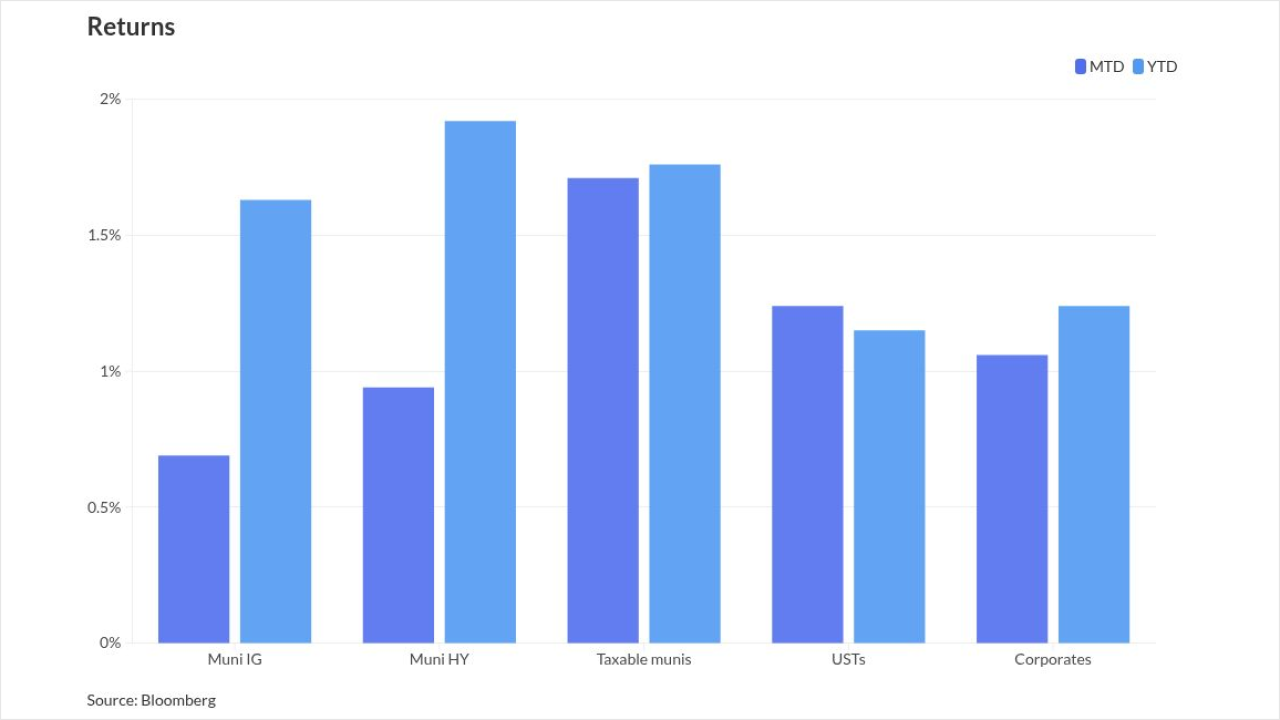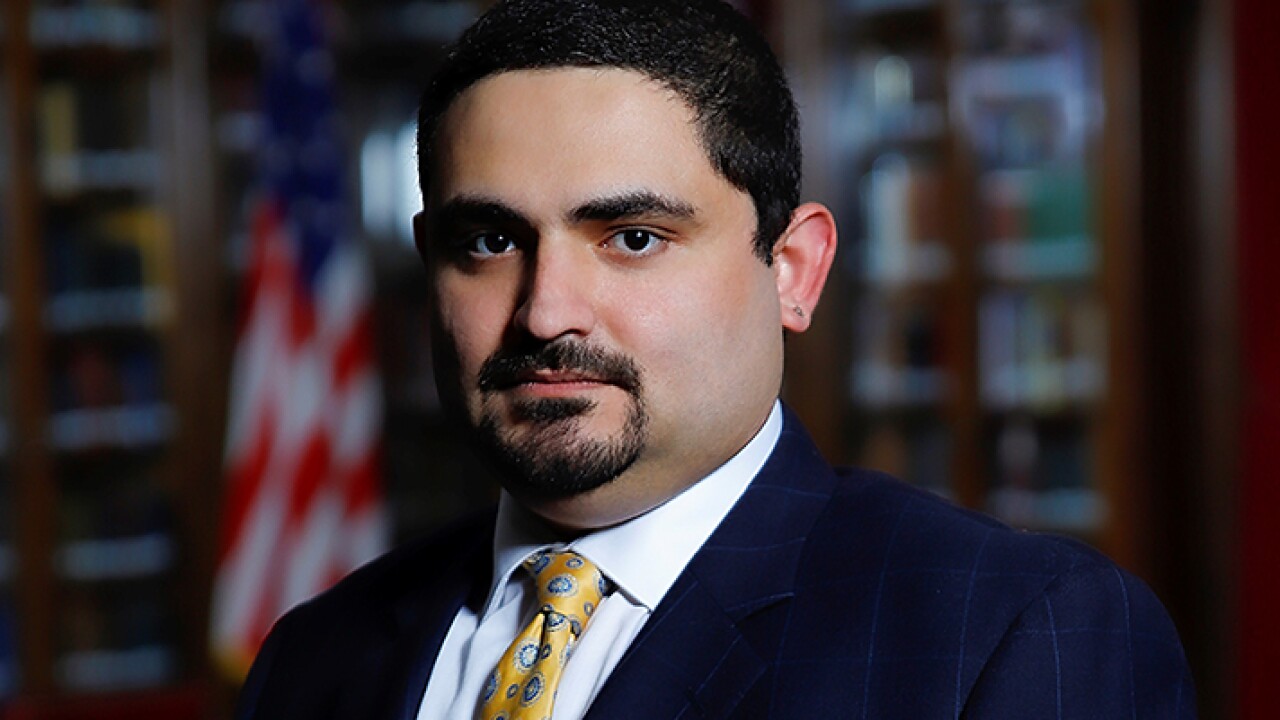
New Jersey could achieve more than $2 billion in annual savings by aligning public worker health care benefits more closely to private-sector employer standards, according to a new
The New Jersey Pension and Health Benefit Study Commission's third report recommends utilizing roughly $2.2 billion in yearly health care savings toward covering pension costs. The commission's second report from February 2015 proposed freezing pension benefits for current state employees and shifting them to a new cash balance defined benefit plan. New Jersey faces $40 billion in unfunded liabilities, according to a Jan. 21 Moody's Investors Service report.
"We all realize that there is no real happy solution to this and we have tried to come up with an optimal solution," said commission member Tom Byrne in a Thursday afternoon media conference call. "This really is urgent."
New Jersey State Senate President Steve Sweeney, D-Gloucester, proposed a constitutional amendment last December that would require pension payments on a quarterly basis and put the state on track to full actuarially requirement by 2022. The commission cautions that the state would need at least $2.8 billion in new annual taxes by 2022 in order to make its full pension payments by then. It also notes that that absent reforms, pension and health benefits will consume 27% of the state's budget by 2022 and hamper already low bond ratings.
"A budget so overwhelmingly dominated by employee benefits would hurt the State's credit ratings, as it would deprive the State of the flexibility needed to respond to emerging public needs and weather economic downturns," the report states. "Furthermore, under the proposed amendment, pension funding would take priority over State aid used to balance school district and municipal budgets, whose credit ratings would also suffer."
Christie lashed out at the proposed Democratic pension payment plan during his Jan. 12 State of the State address saying it would equate to raising the state's income tax by 23%. The Republican governor, who suspended his presidential campaign Wednesday, slashed pension payments during the last three budgets and vetoed $1.57 billion for the 2015 fiscal year.
New Jersey Educational Association president Wendell Steinhauer criticized the commission's Feb. 11 report in a statement and expressed support for Sweeney's proposed constitutional amendment. The commission worked closely with the NJEA prior to releasing its February 2015 report, but there has been no recent dialogue with the teacher's union, according to Byrne.
"Like last year, the report is full of excuses for why it's too hard for the state to meet its obligations," said Steinhauer. "It's full of proposals to make public employees pay for the state's two decades of failure. But it lacks any real commitment to a long-term funding solution that honors the state's obligations."





